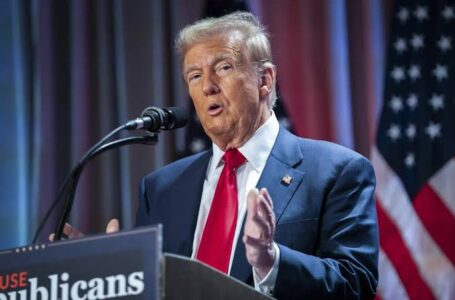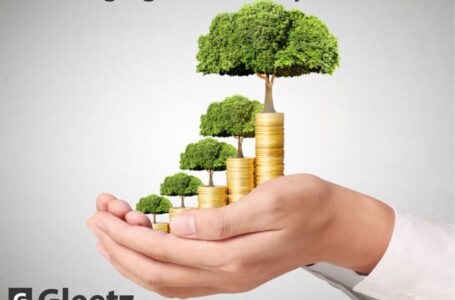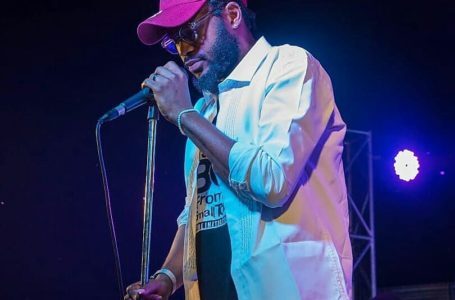The queer community in Nigeria faces significant hardships and challenges due to societal, legal, and cultural factors that often lead to discrimination, harassment, and marginalization. These hardships are deeply rooted in the country’s socio-political landscape and have profound implications for the individuals within this community.
Legal and Policy Challenges
One of the most pressing issues for the queer community in Nigeria is the legal environment. The Same-Sex Marriage Prohibition Act (SSMPA) of 2014 criminalizes same-sex relationships and advocacy for LGBTQ+ rights. This legislation not only fosters an atmosphere of fear and secrecy but also legitimizes discrimination against queer individuals, making them vulnerable to legal prosecution and societal stigma.
Social Stigma and Discrimination
Social stigma against LGBTQ+ individuals is pervasive in Nigerian society. Queer people often face ostracization from their families, communities, and workplaces. This stigma is reinforced by cultural and religious beliefs that view homosexuality as immoral or unnatural, leading to exclusion, verbal abuse, and even physical violence.
Healthcare and Access to Services
Accessing healthcare and other essential services can be challenging for queer Nigerians. Discrimination by healthcare providers based on sexual orientation or gender identity is not uncommon, which can deter individuals from seeking necessary medical care. This lack of access exacerbates health disparities and contributes to poorer health outcomes among LGBTQ+ people.
Safety and Security Concerns
Safety is a constant concern for queer individuals in Nigeria. Hate crimes and mob violence targeting LGBTQ+ people are reported, often with impunity. The fear of being exposed or outed can lead to individuals hiding their identities and living in constant fear of harassment or arrest.
Activism and Advocacy
Despite these challenges, the queer community in Nigeria remains resilient. Activists and advocacy groups work tirelessly to challenge discriminatory laws, raise awareness about LGBTQ+ rights, and provide support to community members. However, these efforts are met with resistance and often face legal and societal backlash.








